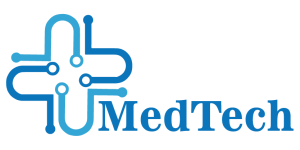Aside from that unattainable plan, flexible financing at the moment of service alleviates the sting of out-of-pocket healthcare bills.
Data released this week show how difficult it is to maintain financial well-being while also striving to stay healthy, as insurance costs continue to eat away at wages.
According to the most recent KFF employer survey, annual premiums for employer-sponsored family health coverage reached $22,463 this year. Employees paid a little over $6,100 for the coverage – that’s the amount they pay before the deductible kicks in.
The uncertainty over how much people and families must spend above the deductible, known as “sticker shock,” has a negative influence on the whole healthcare system.
A more realistic cost estimate and greater communication between physicians and patients might help to alleviate some of the sticker shocks. This week, Experian Health President Tom Cox told that we are “in the early innings” of a proactive strategy in which practitioners give pre-care cost estimates, which may then assist open up discussions about prices and how to pay for it all.
Healthcare becomes part of bill triaging in the paycheck-to-paycheck existence that the majority of Americans — 63% of us at the latest count — face. According to a recent Experian Health study, 46% of sick individuals canceled appointments owing to excessive expense projections. A shocking 60% of customers living paycheck to paycheck have had their invoices canceled owing to a high-cost estimate. The average amount paid out for “surprise” invoices exceeds $675.
As seen in the table below, a large number of customers, regardless of income level, have spent more on healthcare than they can afford.












